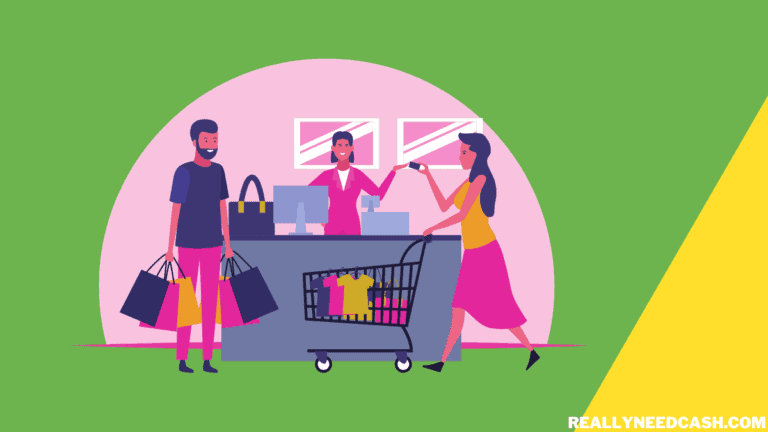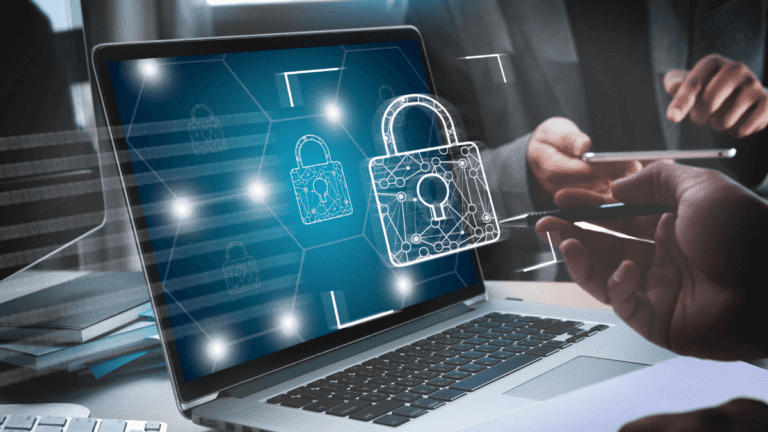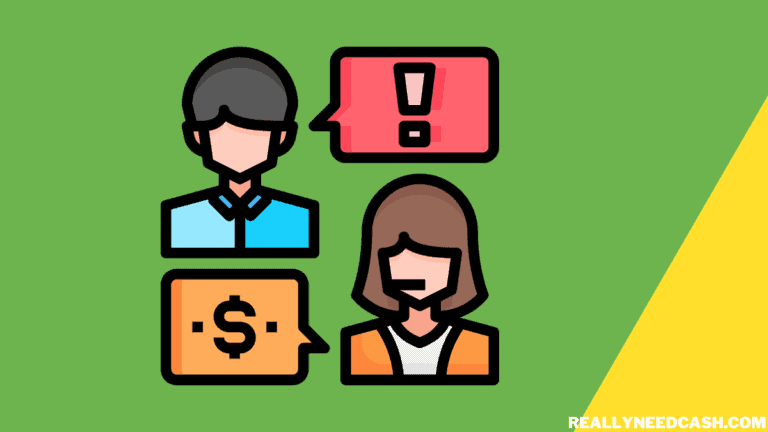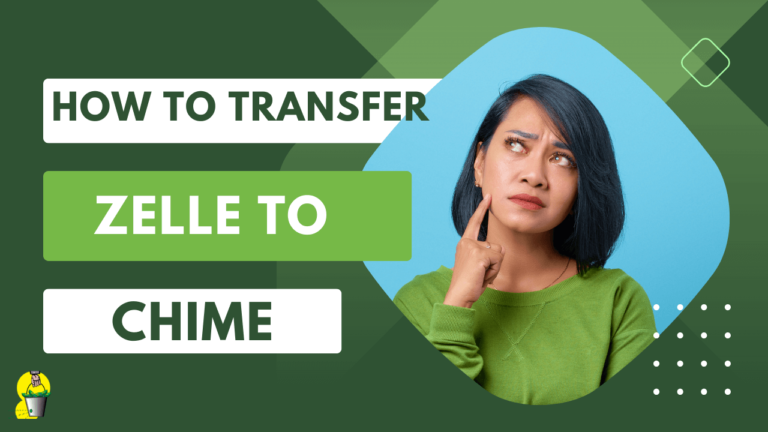Understanding SSN Requirements for Cash App
Cash App requests your Social Security Number (SSN) as part of its identity verification process. This is crucial for security and compliance with regulations. Here is a closer look at the role SSN plays, how it helps protect user privacy, and its importance for compliance with legal standards.
The Role of SSN in Verification and Security
The SSN is a vital part of Cash App’s verification process. By asking for my SSN, Cash App can confirm my identity more securely. This reduces the risk of identity theft and ensures that only verified users can access their services.
When I sign up for Cash App, I may be required to provide my legal name and the last four digits of my SSN. This information helps create my profile and links my account to my identity.
Using encryption protects my personal information. It ensures that my data is safe from unauthorized access. Cash App closely monitors its systems to maintain a secure environment for all users.
Protecting User Privacy and Preventing Identity Fraud
Cash App takes user privacy seriously. By requiring an SSN, it adds an extra layer of protection against identity fraud. This process helps to verify that I am who I say I am.
To keep my information safe, Cash App uses various authentication methods. These can include sending a code to my phone or requiring a government-issued photo ID. This ensures that my account remains secure, and my financial details are protected.
I can feel more confident knowing that Cash App actively works to prevent unauthorized access to accounts. They implement strong security measures to keep financial transactions safe.
Cash App’s Compliance with AML and KYC Regulations
Cash App follows Anti-Money Laundering (AML) and Know Your Customer (KYC) regulations. These legal standards require financial services to verify the identities of their users. By collecting my SSN, Cash App complies with these regulations, helping to prevent illegal activities.
In the digital payment system, compliance is key. Cash App’s practices help create a more trustworthy platform for users like me. Not only does this protect individual accounts, but it also strengthens the integrity of the entire peer-to-peer payment system.
By ensuring that I provide my SSN during account setup, Cash App enhances the security of its services while keeping financial activities safe and compliant with the law.
Operational Benefits of SSN Verification in Cash App
SSN verification offers significant advantages for Cash App users. It enhances security, helps prevent fraud, and ensures compliance with financial regulations. Here’s how it benefits both users and the platform.
Enhanced Transactional Security and Limit Increases
By verifying your SSN, Cash App implements stronger security measures for financial transactions. This process helps confirm your identity, making it harder for unauthorized users to access your account. When I verify my identity, it often leads to increased transaction limits.
For example, without verification, I might be limited to sending or receiving smaller amounts of money. Once I provide my SSN, I can often send or receive over $1,000 within a 30-day period, allowing for more significant money transfers. This makes using Cash App more efficient and accessible for my financial needs, especially when I want to buy bitcoin or pay for services.
Addressing the Threat of Scams and Unauthorized Access
The requirement for an SSN also directly addresses the growing threat of scams. Cash App collects this information to comply with regulations, including Know Your Customer (KYC) practices, aimed at reducing money laundering and fraud.
Verifying my SSN means that the app can better monitor transactions for suspicious activity. It enhances the protection of my financial information, ensuring that my account is safe from potential scams. With these measures in place, I feel more secure knowing that my data is protected, and Cash App is actively working to safeguard users like me from unauthorized access.
Cash App SSN Registration & User Experience
When using Cash App, I have to provide my Social Security Number (SSN) for various reasons like security and verifying my identity. This process affects how I set up my account, complete daily transactions, and access additional features.
Step-by-Step Account Set-Up With SSN
To create an account on Cash App, I start by downloading the app and entering my phone number. Next, I receive a sign-in code to verify my number. After that, I provide my full name, date of birth, and sometimes the last four digits of my SSN. If I want to enable additional features, I may need to give my full SSN.
Completing SSN registration is essential to comply with legal requirements. It ensures my account can handle larger transactions up to $1,500 within 30 days. If I don’t provide this information, my account may face limitations on financial transactions.
Daily Operations: Sending and Receiving Funds
With my SSN linked, I can send and receive funds easily. Cash App allows me to send money to friends or pay for services directly. I can also receive funds from others, enhancing my ability to manage my finances. If I try to send or receive over $1,000 within a month, Cash App requires my identity to be verified.
I appreciate that the app offers a user-friendly interface. It helps me track all transactions and even withdraw funds to my debit card. For Bitcoin transactions, I can use my Cash App Card to buy and withdraw Bitcoin conveniently.
Expanded Features for Verified Accounts
Having my SSN registered unlocks more features on Cash App. For instance, I can order a Cash App Card, which lets me spend my balance anywhere. I can also buy stocks directly through the app, broadening my investment options.
Additionally, with my verification complete, I can set up two-factor authentication for more secure access to my account. This extra layer of security helps protect my data and financial information from unauthorized access. By being verified, I have a broader range of services available at my fingertips, making my experience better overall.
Frequently Asked Questions
There are common questions about why Cash App requires an SSN. I’ll clarify the reasons for this requirement and how it affects users. I’ll also discuss safety concerns and alternatives for those who prefer not to provide their SSN.
What is the purpose of SSN verification on Cash App?
The main reason Cash App needs your SSN is to comply with federal laws. This verification helps prevent fraud and money laundering. By confirming your identity, Cash App can ensure a safer environment for all users.
How can I use Cash App without providing my SSN?
You can use Cash App without an SSN by simply skipping that step when you sign up. While you may not access all features, like sending or receiving large amounts of money, some basic functions remain available to you.
Is it safe to give Cash App my Social Security Number?
Giving Cash App your SSN is generally safe if you’re using their official app. They have security measures in place to protect your information. Always make sure you download the app from trusted sources and enable additional security features like two-factor authentication.
What are the implications of not verifying my identity on Cash App?
If I choose not to verify my identity, I will face limitations on my account. For example, I might not be able to send or receive amounts exceeding $1,000 in a 30-day period. These limits exist to protect users and maintain compliance with regulations.
Can I receive money on Cash App without having completed the SSN verification?
Yes, I can receive money on Cash App without completing SSN verification. However, my receiving limits will be lower. Without verification, I won’t be able to fully utilize the app’s features.
How does Cash App’s SSN requirement compare to traditional banking practices?
Cash App’s requirement for an SSN aligns with what traditional banks do. Most banks ask for personal identification to comply with regulations. This process is standard for financial services to enhance security and reduce the risk of illegal activities.






